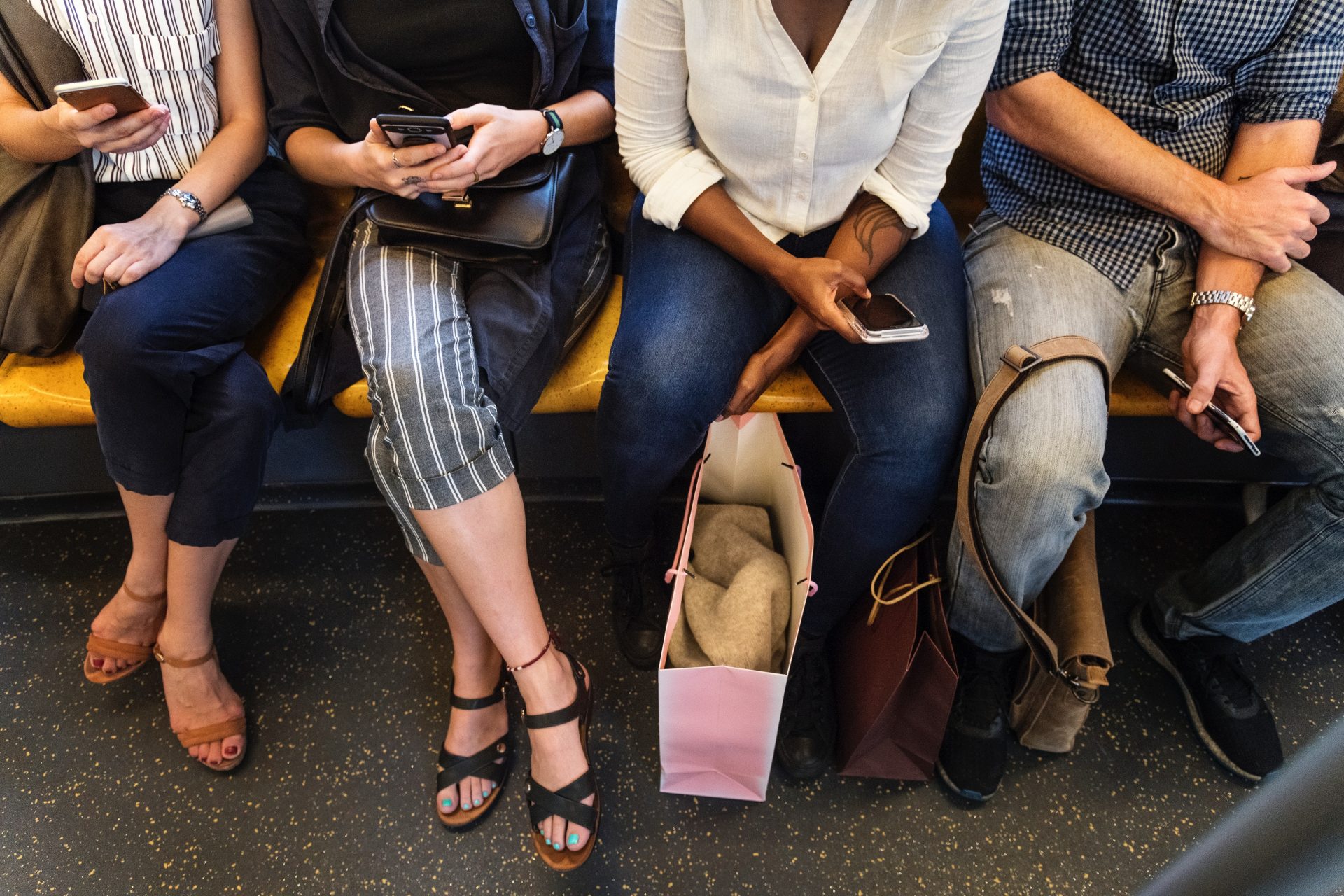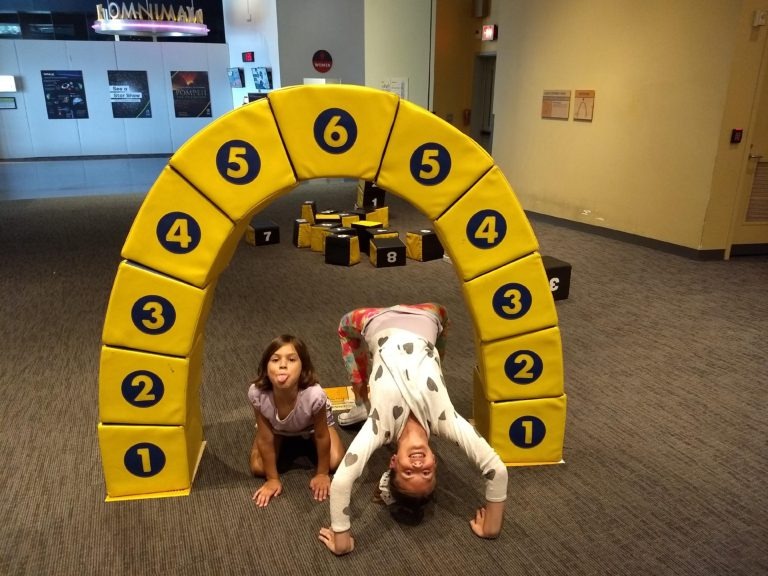One Weapon to Fight Technology Creep
I probably don’t need to tell you that technology is everywhere. If it wasn’t, you probably wouldn’t be reading this.
I don’t automatically think that the internet–and everything that comes with it–is necessarily bad. It’s a tool. At its best, it can keep us in contact with people far away, teach us about things that make us better people, and take us to faraway places that we will never be able to visit in person. I love the rich knowledge that exists in the modern internet.
But all tools can be used for good or for ill, and technology has become the playground for companies that, in their desire to become profitable, have done all they can to try and condition us to behave in ways that look more like addiction than we’re probably comfortable admitting.
Smartphones are not wholly to blame for this, but the all-in-one devices have certainly given developers a new inroad. After all, it follows you everywhere. This is very different than a desktop computer that stays in the office or a TV that stays in the living room. A smartphone is omnipresent, and it does all it can to press into our time by the single act of notifications.
So what do you do? How do you manage the constant tug of notifications from the world that is going on behind the screen?
Willpower, by itself, isn’t enough. Simply telling yourself you’re not going to look isn’t going to fix the problem, and for reasons that modern research has already concluded. You can’t just say “I’m not going to look.”
Instead of running away from something, you have to walk toward something. In this case, to a place where notifications don’t exist.
I tend to think of these places as sacred spaces.
A sacred space is your best attempt at a place free of technology, where everyone involved knows it.
In my life, there are a few.
One is the dinner table. When my family eats dinner, there are no smartphones, laptops, or TV. (The only very rare exception is on a particularly newsworthy day, such as an election day, where we might have the nightly news on and use it as a discussion point.) Instead, our family sits around the table and talks.
The other is the bedroom. There is no TV in my bedroom, and no place to charge my phone. My alarm is a very, very old … well, alarm clock. (If you don’t have one, the local thrift store sells them for less than the price of a latte.) There are times I sit in my bedroom before going to bed, but that involves reading. As in books, or on my old non-backlit Kindle eReader that has essentially no internet ability other than downloading books. There are no TVs in our kids’ bedrooms either.
A third is for more practical reasons, but I also don’t use my phone in the car, unless I need it for GPS. I’ve had friends seriously hurt by distracted drivers, so using my phone while driving is something I try to avoid. (Depending on my mood, I may or may not have music or talk playing on the car stereo.)
I think where sacred spaces are is up to the user, but the important thing is to have them. These places are valuable because they can:
- Help promote interaction with friends and family. I can’t think of many better uses of time than to connect more deeply with the people one cares about.
- Stimulate creativity and problem solving. Science has repeatedly shown that disconnecting can help our brains process better than when we’re constantly engaged. If you’ve hit a roadblock in some part of your life, a sacred space can help you figure a way out.
- Reduce anxiety. Repeated studies have shown that overuse of social media can lead to anxiety and even depression. Sacred spaces help to reduce that.
- Improve sleep. Disconnecting before bed (as well as other habits) do wonders for sleep quality.
So what do you think? Do you have sacred spaces? Do you wish you did? I’d love to hear your thoughts in the comments.








I don’t think I’ve ever thought about it as a question of “sacred spaces,” but I suppose my bedroom is a de facto one. My alarm is a clock radio alarm, but it’s still pretty old (I got it as a Christmas gift in 1990). And we have no TV in the bedroom.
As a very late adapter (I still don’t own a smart phone, although my wife does), I’m sympathetic to the idea of technology-lite zones.